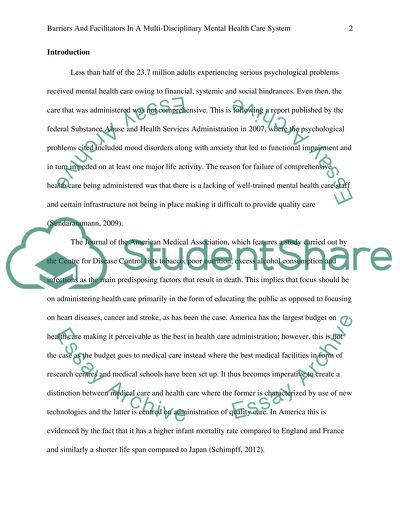Cite this document
(“Barriers and facilitators in collaboration with consumers and carers Essay”, n.d.)
Barriers and facilitators in collaboration with consumers and carers Essay. Retrieved from https://studentshare.org/nursing/1482637-barriers-and-facilitators-in-collaboration-with
Barriers and facilitators in collaboration with consumers and carers Essay. Retrieved from https://studentshare.org/nursing/1482637-barriers-and-facilitators-in-collaboration-with
(Barriers and Facilitators in Collaboration With Consumers and Carers Essay)
Barriers and Facilitators in Collaboration With Consumers and Carers Essay. https://studentshare.org/nursing/1482637-barriers-and-facilitators-in-collaboration-with.
Barriers and Facilitators in Collaboration With Consumers and Carers Essay. https://studentshare.org/nursing/1482637-barriers-and-facilitators-in-collaboration-with.
“Barriers and Facilitators in Collaboration With Consumers and Carers Essay”, n.d. https://studentshare.org/nursing/1482637-barriers-and-facilitators-in-collaboration-with.


